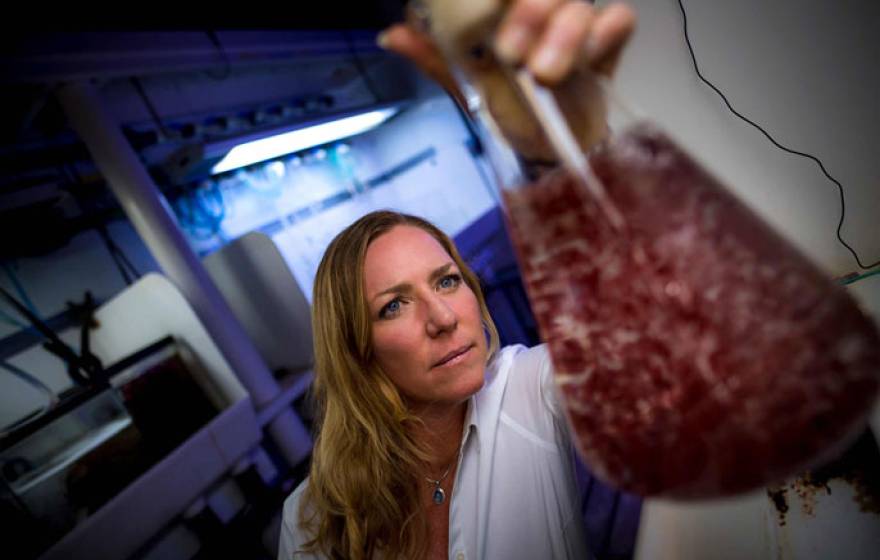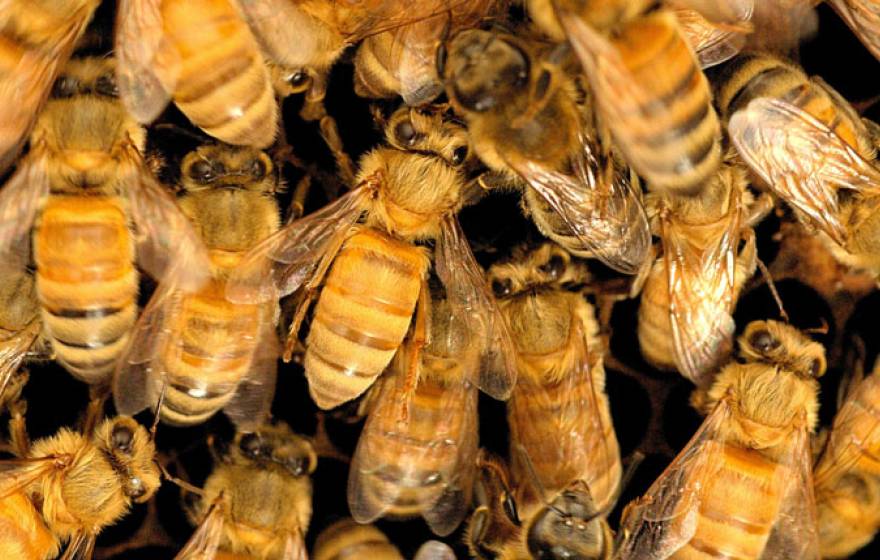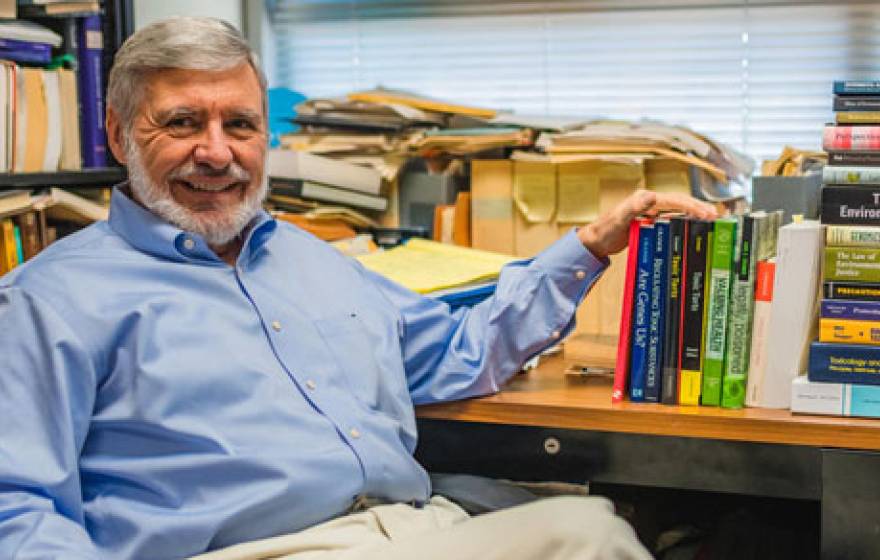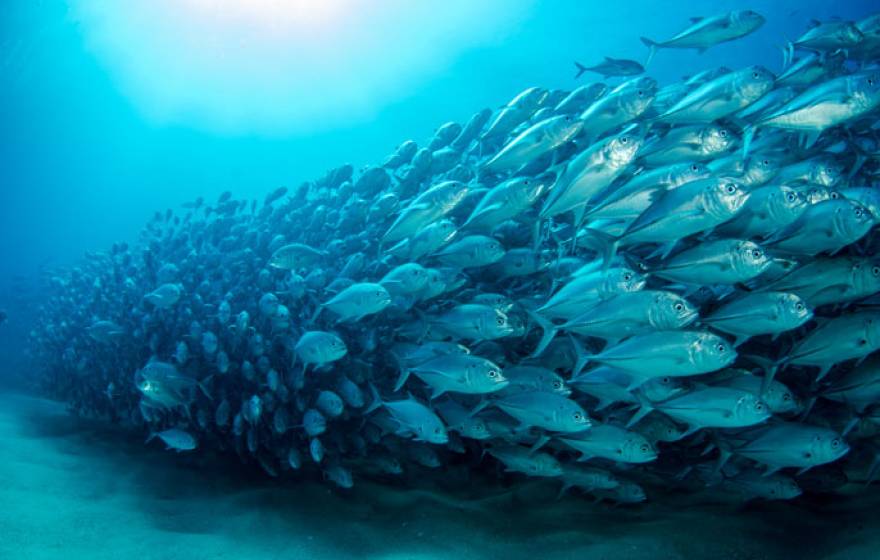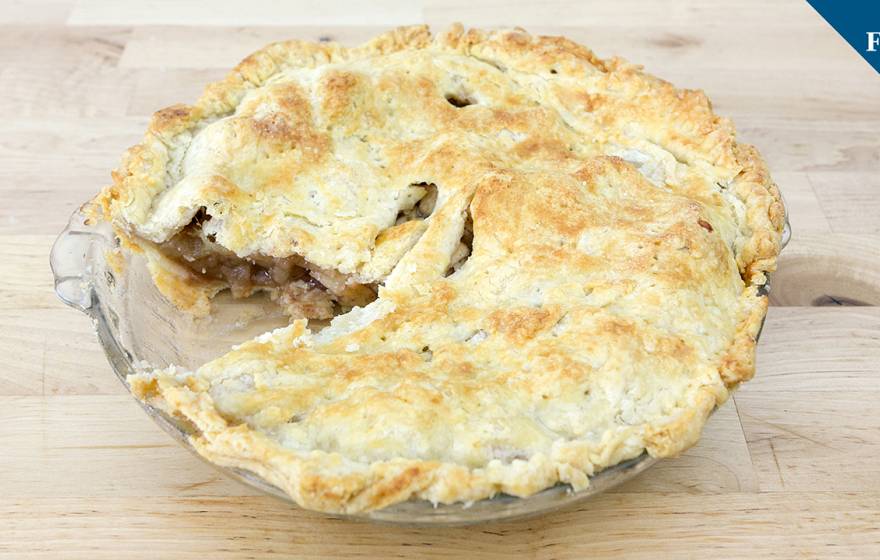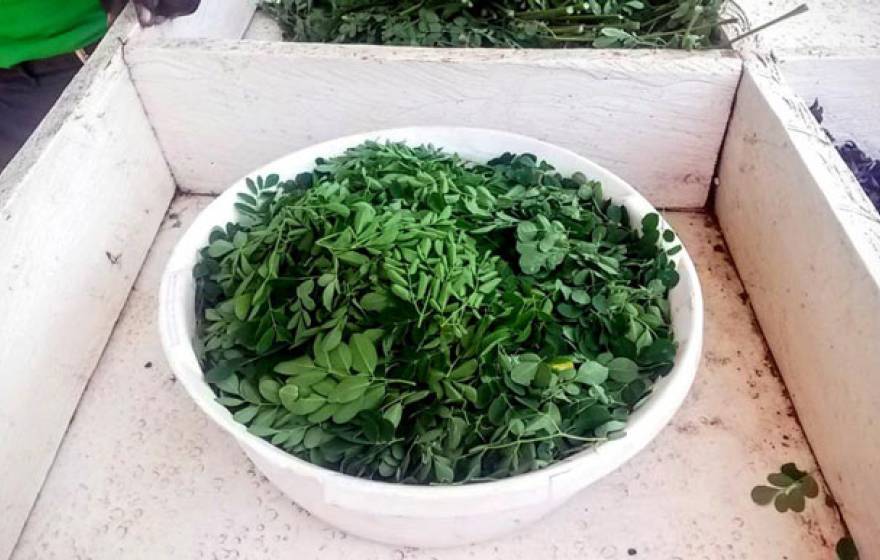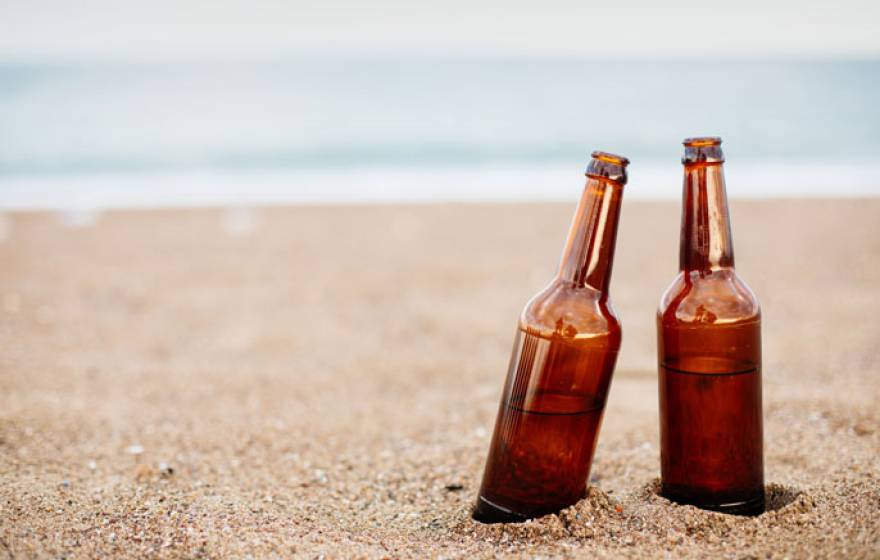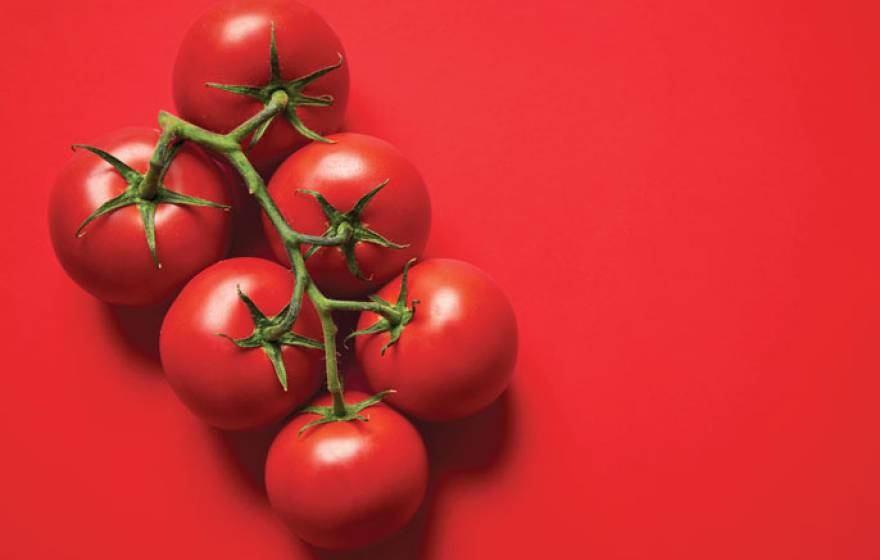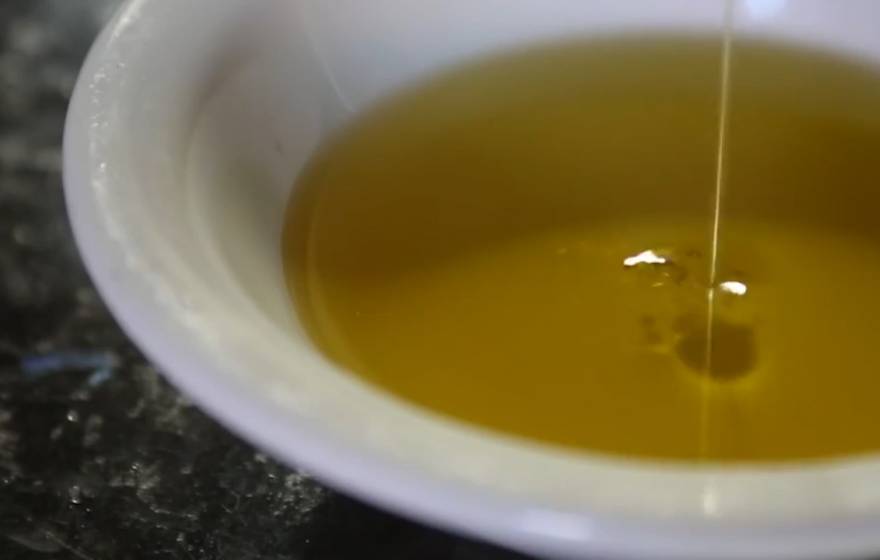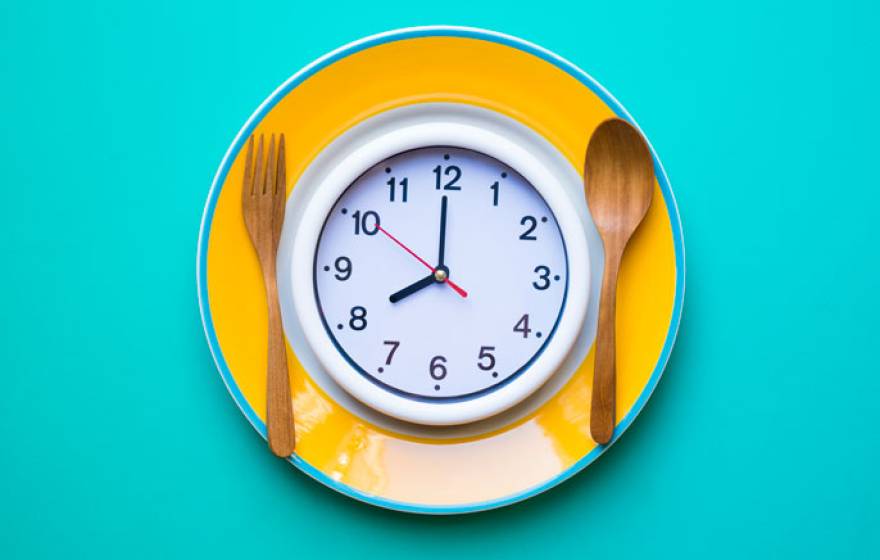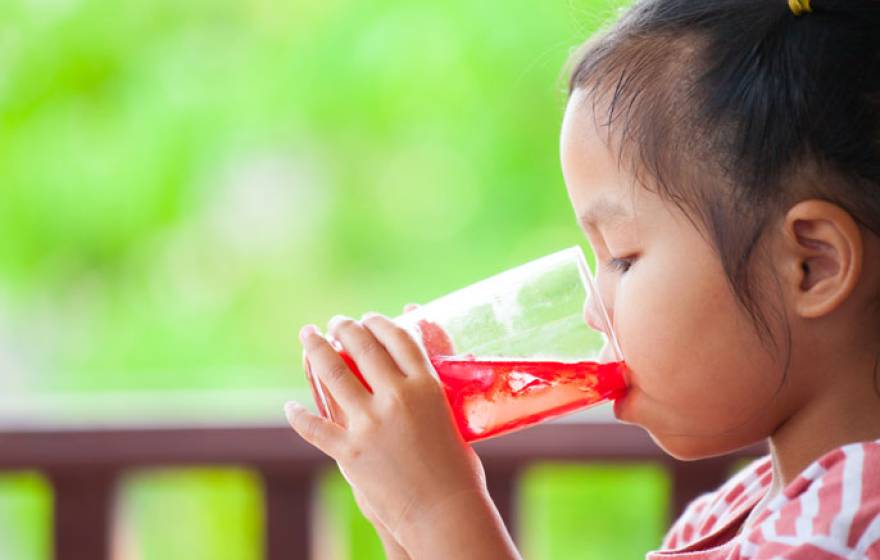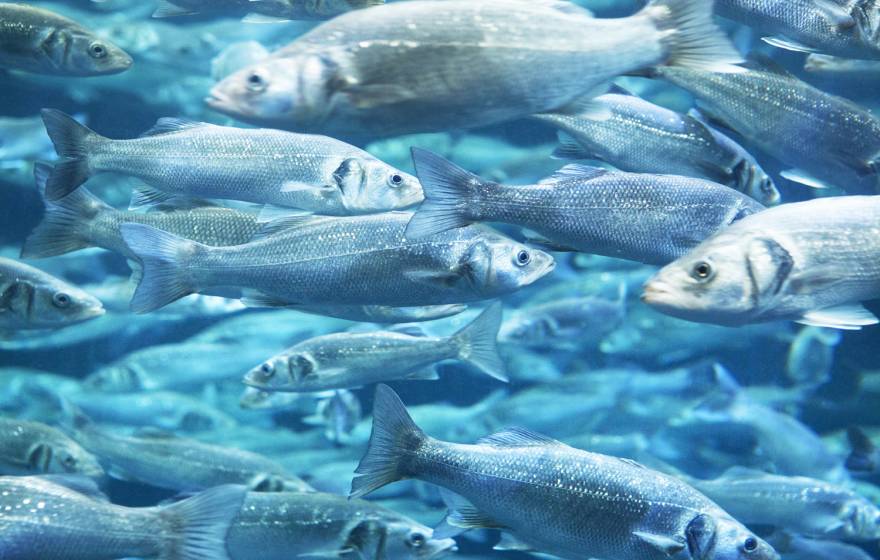UC agricultural and marine scientists fight one of the state's biggest sources of methane: cow burps.
The ‘bee safe’ pesticide that isn’t
Sivanto poses a range of threats to honeybees, depending on seasonality, bee age and use with common chemicals.
What’s in your drinking water?
Carl Cranor doesn't just want you to know — he wants to empower you to do something about it.
Warm seas scatter fish
Climate change is shifting productivity of fisheries worldwide.
How to make the best pie ever using science
What's going on in Grandma's recipe at a molecular level.
Moringa — the next superfood?
The “miracle tree” that could help feed the world.
Climate change may deplete the world's beer
And you thought beer was expensive already: Declining barley production could make the beverage a luxury item.
Sex on the kitchen table
Now that professor Norman Ellstrand has your attention, he’d like to teach you about plant reproduction.
The way we've been thinking about olive oil is all wrong.
Olive oils can be appreciated like wines — and the UC Davis Olive Center wants you to have a taste.
Time-restricted eating can overcome the bad effects of faulty genes and unhealthy diet
They say ‘you are what you eat.’ But a new study suggests that when you eat may be just as important.
UCLA study reports nearly 1 in 3 California kids have a sugary drink daily
The increase since 2009 alarms public health professionals.
Can farmed fish feed the world sustainably?
The world’s population is expected to soar by an additional 2.5 billion people by 2050, bringing a host of global challenges – including how to feed so many hungry mouths.
